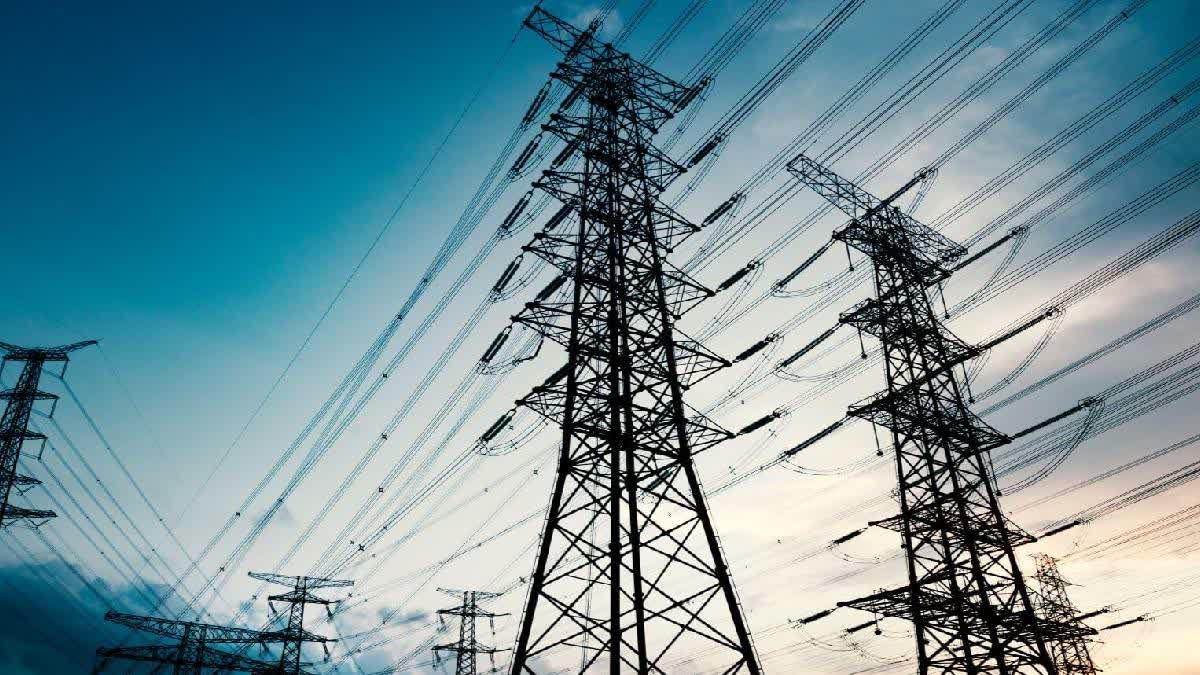New Delhi: Electricity rates are likely to become more expensive in Delhi as the Delhi Electricity Regulatory Commission (DERC) has given approval to the power distribution companies to increase the rates of power purchase by 10 per cent under the Power Purchase Agreement.
Many power distribution companies had applied to DERC in this connection and the latter gave its nod in favour of increasing the power purchase rates. The hiked power purchase rate will directly affect people residing in South Delhi, West Delhi, New Delhi, Old Delhi and the Trans Yamuna area where BSES supplies electricity. People in areas where BYPL provides electricity will have to pay an additional tariff of 9.42 per cent while for the BRPL consumers, it will be 6.39 per cent and for NDMC it will be 2 per cent.
Meanwhile, the hiked rates will not be applicable in areas of Delhi where Tata Power Delhi Distribution Limited (TPDDL) provides electricity as it has not increased the tariff. There are nearly 47 lakh power consumers in Delhi. Last month, these power distribution companies had submitted a proposal to DERC demanding a hike in the power purchase agreement cost. Following which, DERC has given them approval.
"The increase in rates will not have a direct impact on consumers. It is normal for power charges to increase during the summers. The power tariff hike is due to the increase in power purchase agreement cost," power minister Atishi said.
Slamming the AAP government over the power tariff hike, spokesperson of Delhi BJP, Harish Khurana, said rates are increased every summer on the pretext of power purchase agreement cost rise but never reduced in winter.
Also Read: LG approves power subsidy file, warns Delhi minister of politicking
"Last year, in June the tariff was increased from 16 to 22 per cent and this is continuing till today. Now, it is being increased from 22 to 29 per cent. Arvind Kejriwal had said that he would get a CAG audit done for these companies but he has not approached the court for the audit. Why not, give the subsidy directly to the people through Direct Benefit Transfer instead of giving it to the company?" Khurana asked.



